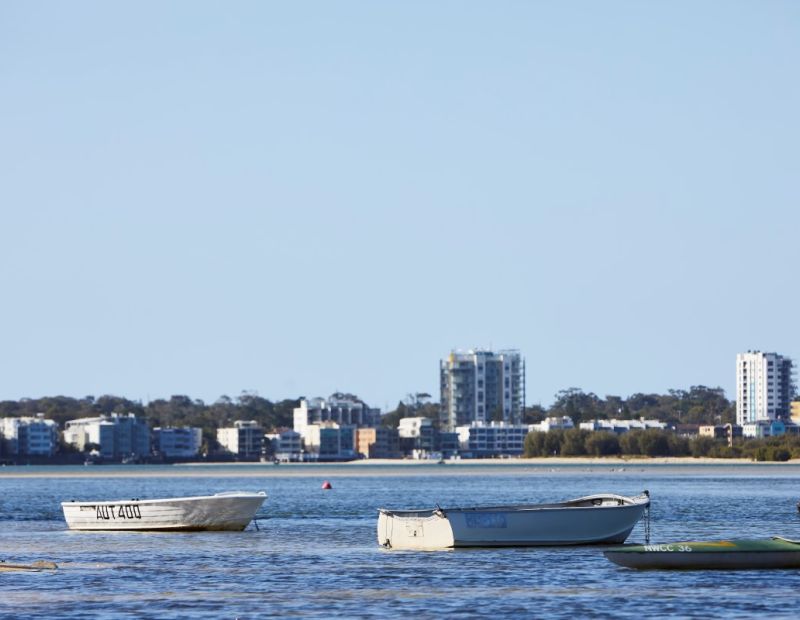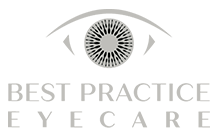Pterygium treatment at Best Practice Eyecare Ophthalmologist Sunshine Coast
Pterygium
What is a pterygium?
A pterygium is a wing-shaped growth of tissue on the surface of the eye. Most commonly, this occurs from the inner corner of the eye, and may slowly grow toward the central pupil. The main cause of this growth is thought to be sunlight (ultraviolet radiation) exposure – especially in early and late childhood.
Pterygia can become very red and irritable on the eye and occasionally reduce vision. The appearance may be considered unsightly by some people.
Treatment initially involves simple measures to reduce the irritation. Good U.V. blocking sunglasses with “wrap-around”, or side protection, are vital. Artificial tear drops to lubricate the eye and reduce discomfort can be used. When these measures fail, surgical removal may be necessary.

Pterygium FAQs
Laser removal for pterygia is not possible. Surgical removal is carried out with local anaesthetic, and can be conducted either in our rooms or in a Day Surgery Hospital.
The main difficulty is in preventing the regrowth of the pterygium. Recurrences can occur in up to 20-50% of cases, especially in those under 50 years of age, who spend much time out of doors. Several measures have been used to help prevent regrowth: radiation, tissue grafts and special drops that slow healing all offer similar benefit. With these methods, recurrences can be reduced to about 5-10% . At the present time the preferred method to prevent regrowth is an autoconjunctival graft. In this procedure a thin layer of tissue from the upper surface of the eye is removed and sewn in to the defect remaining after the pterygium is removed.
You will have a pad on the eye for 2-3 hours or so, and will need someone with you to drive you home afterwards. You probably will not be able to work for 2-3 days after surgery (preferably 1 week), due to discomfort in the eye. The eye may be quite painful for the first day or two and strong pain killers will be prescribed to relieve this. Drops will be given to help stop infection, slow healing, reduce inflammation and prevent recurrence. Drops will be continued for 4 weeks or more after surgery. Follow-up visits at 1 week and 5 weeks after your surgery will be arranged. The eye often remains red for 3-6 weeks after the surgery, and will continue to improve in appearance for up to 3 months after.
Occasionally, small pinkish tissue regrowths occur which produce a mucous discharge. These “granulomas” are a small mass of over-exuberant growth of scar tissue. They are usually easily removed without further problems. Infections only rarely occur and are treated with drops. Allergies to skin preparations, local anaesthetics and drops used are all possible, but uncommon. Recurrence of the pterygium months or years later remains the main problem. Rarely the conjunctival graft will pull away and may shrink or be lost.
- THERE IS NO 100% EFFECTIVE TREATMENT FOR PTERYGIA.
- SUNGLASSES AND DROPS WILL HELP RELIEVE SYMPTOMS.
- SURGERY HAS A 5-10% RECURRENCE RATE AT BEST, FOLLOWING THE USE OF SPECIAL MEASURES AFTER SURGERY.
Best Practice Eyecare is a leading Sunshine Coast ophthalmologist and eye care specialist. We are based in the beautiful coastal suburb of Caloundra and provide an eye care service of the highest standard with a relaxed, friendly patient-focused approach.
We service patients across all areas of the Sunshine Coast including Caloundra, Kawana, Mooloolaba, and Maroochydore. Our practice is led by surgeon Dr Michael Karpa who treats a wide range of eye conditions such as cataracts, glaucoma, macular degeneration, dry eyes, and flashes & floaters.
Please click here to book an appointment online or call our friendly team of eye care specialists on (07) 5492 2822.
Common Eye Conditions
At Best Practice Eyecare, our Sunshine Coast ophthalmologist Michael Karpa diagnoses and treats a range of eye conditions. Click through for more information on the eye conditions we treat.

Best Practice Eyecare Ophthalmologists
Based on the Sunshine Coast, we provide ophthalmologist, eye care and surgical services of the highest standard. We treat and manage a wide range of eye conditions including cataracts, glaucoma and macular degeneration and more.


